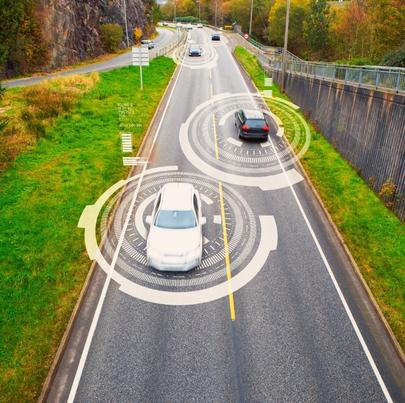Voice-activated systems in vehicles are very popular. These systems allow Illinois drivers to control the features of their vehicles while keeping both hands on the wheel. A recent cognitive study shows that voice-activated technology is not always safe to operate while driving.

How do voice-activated systems work?
A number of car and truck manufacturers have developed voice-activated control systems in recent years. For many drivers, the rise of these systems has been a welcome innovation, enabling them to adjust their vehicle’s controls without touching any buttons or dials. A car accident attorney in Chicago is aware that hands-free systems may cover music, navigation, communication, climate control and other features.
AAA study shows problems
New research published by the American Automobile Association’s Foundation for Traffic Safety shows that hands-free systems can cause serious cognitive distraction. According to the AAA study, drivers who operate a voice-activated system while their vehicle is moving may face an increased accident risk. In some cases, this risk is equal to the risk incurred by texting or changing a CD while driving.
What is cognitive distraction?
According to distraction.gov, distraction while driving can take the form of manual, visual or cognitive distraction. With a hands-free system, drivers are free of manual distraction, in which the hands are busy. No-touch systems also protect against visual distraction, in which the driver’s eyes are temporarily off the road. Unfortunately, hands-free systems are a primary cause of cognitive distraction, in which the driver’s mind is occupied with something other than driving.
Results of cognitive distraction
A car accident attorney in Chicago knows that cognitively distracted drivers may face all of the following risks, according to distraction.gov:
- Impaired peripheral vision
- Decreased reaction times
- Less effective visual scanning
- Delayed response to important visual cues
Cognitive distraction in traffic can be as deadly as drivers taking their hands off the wheel or their eyes off the road.
Widespread ignorance about voice-activated systems
According to the AAA, three out of four American drivers currently believe that voice-activated systems are safe to use while driving. This new study shows that they are often unsafe and may lead to accidents or near misses on the road. AAA advocates plan to work with manufacturers to create hands-free systems that cause a lower level of cognitive distraction. Drivers who have experienced a crash while using a voice-activated system might find it helpful to speak with a car accident attorney in Chicago.







